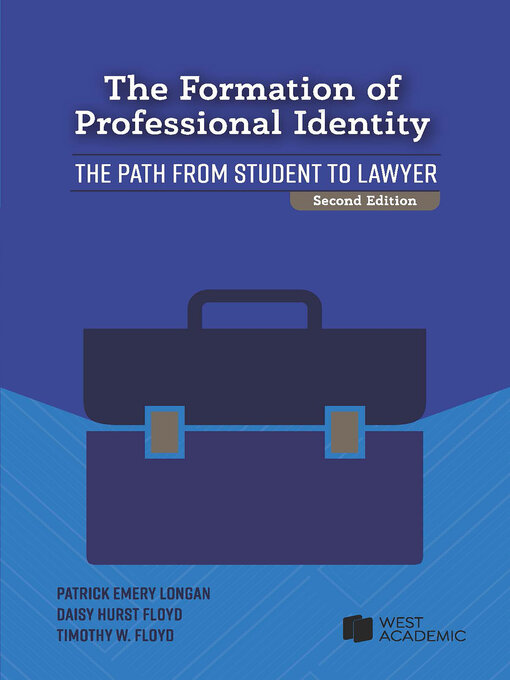Becoming a lawyer is about much more than acquiring knowledge and technique. As law students learn the law and acquire some basic skills, they are also inevitably forming a deep sense of themselves in their new roles as lawyers. That sense of self—the student's nascent professional identity—needs to take a particular form if the students are to fulfil the public purposes of lawyers and find deep meaning and satisfaction in their work. In this book, Professors Patrick Longan, Daisy Floyd, and Timothy Floyd combine what they have learned in many years of teaching and research concerning the lawyer's professional identity with lessons derived from legal ethics, moral psychology, and moral philosophy. They describe in depth the six virtues that every lawyer needs as part of his or her professional identity, and they explore both the obstacles to acquiring and deploying those virtues and strategies for overcoming those impediments. The result is a straightforward guide for law students on how to cultivate a professional identity that will allow them to make a meaningful difference in the lives of others and to flourish as individuals.
This book is a resource that can be used in a number of ways to help law schools meet the requirement of revised Standard 303 to provide substantial opportunities for the development of professional identity. It is appropriate for use as a text for a stand-alone course focused on professional identity or as supplementary reading in other courses, including Professional Responsibility and experiential education seminars. It can also be used to prompt discussion in orientation and other non-credit opportunities. The book includes a rich array of problems for discussion, and there will be an accompanying teacher's manual.

